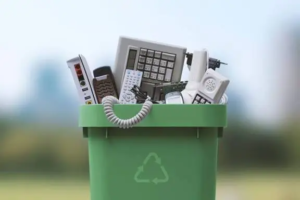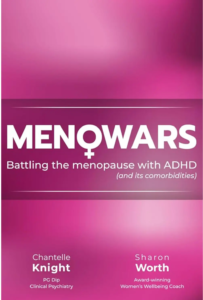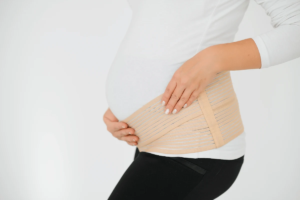
♻️UK E-Waste Compliance Changes for 2026: The
New Producer Responsibility
The period leading up to and including 2026 marks a significant shift in UK WEEE (Waste Electrical and Electronic Equipment) compliance, moving towards a full Extended Producer Responsibilityi (EPR) model that places the financial and logistical burden of recycling directly onto producers and retailers.
The changes stem from the government’s consultation on reforming the WEEE producer responsibility system, with the goal of increasing collection rates and driving the circular economy.
Key Changes Coming into Effect by 2026
The new framework aims to make recycling easier for households and ensure that everyone who profits from placing electronics on the market pays their fair share of the recycling costs.
1. Increased Take-Back Obligations for Retailers
Retailers (both physical and online) will face significantly enhanced responsibilities:
• In-Store Drop-Off Points: Larger retailers will be mandated to provide free, in-store drop-off points for small electrical items, regardless of whether the customer buys a new product.
• Kerbside and Free Collection: Producers will finance the rollout of kerbside collections for small household WEEE. Additionally, retailers will be obligated to offer free collection of large electrical items (like fridges or washing machines) when delivering a new, replacement product.
2. Online Marketplaces (OMPs) Are Accountable
A major loophole closure means Online Marketplaces will face new, direct obligations:
• Producer Responsibility: OMP operators will now be classed as producers and made responsible for the WEEE that arises from sales made by non-UK based suppliers using their platform.
• Compliance Requirements: OMPs will need to join an approved WEEE compliance scheme, report sales data from their overseas sellers, and contribute to the full collection and treatment costs.
3. New WEEE Categories and Governance
The system is being refined to handle challenging waste streams:
• Vapes and E-Cigarettes: A new, separate category for vapes and e-cigarettes will be introduced. Producers of these items will be solely responsible for financing the collection and treatment of their products when they become waste, preventing the cost from falling onto other EEE producers.
• Scheme Administrator: A Government-approved, producer-led Scheme Administrator is being established to oversee the new system, set targets, and ensure compliance across the industry.
️ Timeline for Compliance (Phased Rollout)
While the full household collection system is anticipated to roll out in 2026, preparation and some obligations are already starting:



